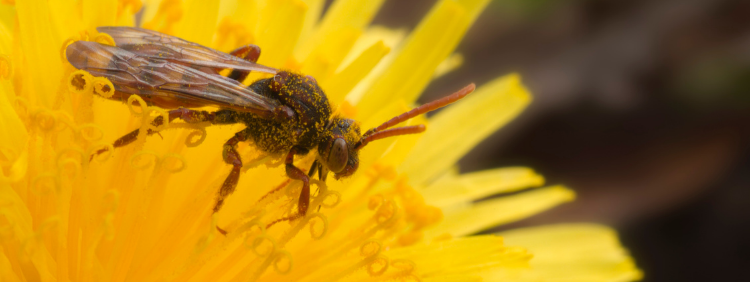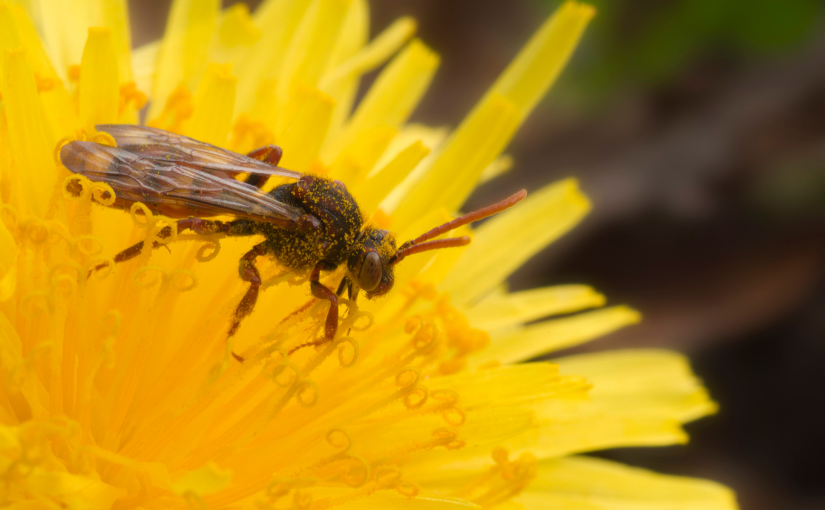
Calls for wasp pest control services in Cambridge are usually in regard to social wasps that live in large nests or colonies. These wasp species are aggressive in defending their nests and potentially dangerous because of their numbers and their ability to sting multiple times without pulling out their stingers and dying.
Because social wasps represent such a large menace in the collective imagination, it may surprise you to learn that they represent only a fraction of all the wasp species on Earth. The majority of wasps are solitary species, meaning that they don’t colonize in big nests. Solitary wasps typically make much less of a nuisance of themselves when on your property and may not warrant a call for pest control at all.
What Are the Similarities and Differences Between Social and Solitary Wasps?
Solitary wasps look very similar to social wasps, so much so that the former can understandably be mistaken for the latter. There is more variety in the colours of solitary wasps; they can be a dark shade of purple or black with an iridescent sheen. They can also be black and orange in addition to the black and yellow common among social wasps.
The main difference between the two types of wasps is their living situation. While social wasps live together in large colonies, in a nest that they build together, each solitary wasp builds a nest of its own. Females lay their eggs and raise their young alone. Sometimes solitary wasps build their individual nests near a group of others of the same species. In this way, solitary wasps can be said to be gregarious, but each has its own individual nest. As with social wasps, a solitary wasp’s nest can be either above or below the ground, depending on species.
What Do Solitary Wasps Eat?
As adults, solitary wasps primarily feed on nectar. For this reason, they are often seen around flowers. Like bees, they are beneficial to farmers and gardeners as important pollinators.
Solitary wasp larvae need protein to develop. For this reason, the wasps hunt and immobilize other insects, as well as spiders, to take back to the nest to feed their offspring. Different species of solitary wasps hunt different types of spiders or insects. For example, the thread-waisted wasp only hunts caterpillars. Sometimes the prey is reflected in the name, as is the case with the cicada killer wasp.
Do Solitary Wasps Sting?
Female wasps do have a stinger that they use to immobilize their prey. However, they are not aggressive and rarely sting humans. Solitary wasps are less likely to sting to defend their nests, perhaps because they only have a single nest and not an entire colony to defend.
What Should You Do if You Have Solitary Wasps in Your Yard?
In most cases, the best thing to do about solitary wasps in your yard is simply to leave them alone. Because they do not live in colonies, they do not swarm and attack, and because they are not aggressive, they do not pose much of a threat. Not only that, but they can also be beneficial. In addition to serving as pollinators, they can also help to control other obnoxious pests on your property.
Nevertheless, you should make sure that the insects you are dealing with are indeed solitary wasps rather than social wasps. It can be difficult to tell the difference because individual wasps look similar, and while social wasps live in colonies that can grow to be quite large, some species build nests underground where you cannot see how large they are.
Wasp Pest Control Services in Cambridge From Truly Nolen
Our technicians accurately identify the wasps on your property. Based on the identification, we advise you whether you need pest control services and, if so, determine a plan of action for your property. Find out more about our process.
